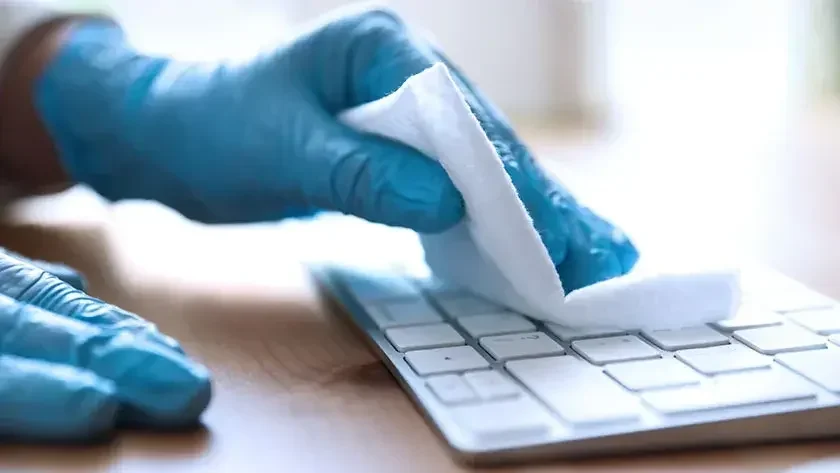If you're looking for a self-employment option that offers control over when, where, and how much you work, you should consider starting a house cleaning business. It leverages skills you already have and doesn't require a significant amount of money to get up and running quickly.
Before you start telling your neighbors you're available, though, you'll want to set up your business for maximum benefits and protection. Follow this advice from the experts on how to start a cleaning business.

Formalize the business
An official business name demonstrates that you're serious about your business and not someone who will clean today but disappear tomorrow. You'll also want to decide on a legal business structure. Options include:
A sole proprietorship is tempting because it's the simplest out of the three. You can either use your name or formalize a business name by filing DBA—"doing business as"—paperwork with your county or state. It offers the least amount of protection, though. As a sole proprietor, you're personally liable if the business gets sued or incurs debt.
"For me, an LLC is a good middle ground between a sole proprietor structure, which offers no legal protection, and a corporation that involves too much complexity to maintain," says Guy Peters, owner of MOP STARS Cleaning Service.
An S corp. can offer beneficial tax savings, but Justin Carpenter, owner of Modern Maids, says it only makes sense if the owner earns enough net income to justify that entity's increased compliance time and costs. "Assuming you are able to justify a lower reasonable salary to the IRS, these savings can be worthwhile at much lower net income levels," he says.
Protect with insurance
Don't postpone discussing how to protect yourself and your cleaning business with the right insurance for this type of business. Greg Martin, president of Think Safe Insurance, notes that because business insurance is more complicated than personal protection, you want to work with an agent you trust and who understands how you operate.
For example, make sure your auto policy has the right coverage for business use. You'll also need commercial general liability insurance that protects you from damage or injuries caused by you or your employees, Martin says.
"Get a good business owner's policy that covers you for just about anything you can imagine may go wrong. Then get an umbrella policy that comes in on top of your base policy," adds Peters.
Set up bookkeeping
The easiest and safest way to comply with tax law requirements is to open a business checking account. This will keep personal and business finances separate and make record-keeping for taxes much easier.
A number of software programs simplify bookkeeping for small business owners. Heather Albrecht, owner of Honestly Simple Cleaning, LLC, relies on QuickBooks. "It's great for keeping track of my income easily year over year. It also makes tax time insanely easy as I'm able to print the reports my accountant needs with ease," she says.
Put terms in writing
While home cleaning agreements are often informal, attorney Andrew Rozo recommends documenting the tasks you've agreed to perform. "The main purpose of the written contract would be to avoid confusion or fights about what was agreed to. Contracts also establish a record of clients and jobs, which could be useful for a few reasons," he says.
Even if all you use is an email message, state what you will clean, when, and the price. If your responsibilities change over time, protect the business by updating the agreement.
Find clients
While Craigslist and neighborhood app Nextdoor can help, Albrecht recommends leveraging your network instead. "Word-of-mouth marketing for a cleaning business is huge for both sides. The client feels more connected to you since you have a personal reference to them, and you get that same level of comfort about being in their home working," she says.
Seek professional help
In addition to consulting with an insurance agent, get advice on the best way to structure your business from an accountant or attorney who works with small businesses and understands their needs and challenges. Informed input early in your business will likely save you time and money later.

